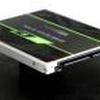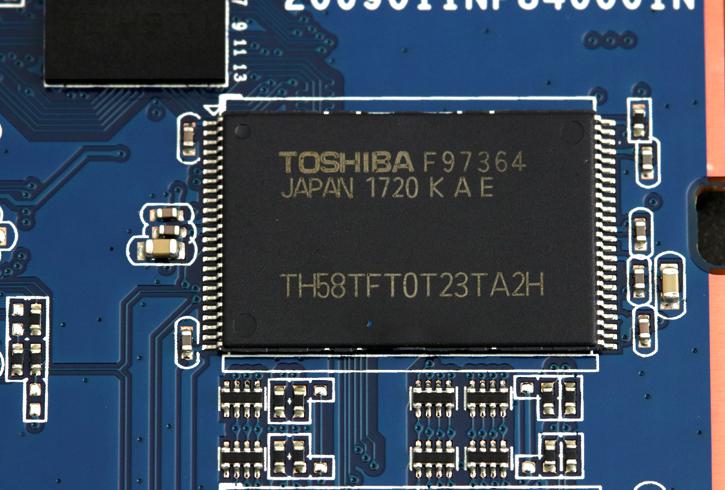Toshiba has suspended NAND flash production in its Japan facilities for a few weeks due to ransomware attacks on its computer network, according to sources at channel distributors. The incident could tighten global NAND flash supply.
Update 10:43 - In a comment to The Register Toshiba denies this news from Digitimes. Very weird to observe:
Toshiba has denied a report alleging its NAND flash factories were felled by ransomware. Taiwan's Digitimes, which often finds news from deep in the supply chain, on Monday reported that Toshiba halted production for three to six weeks while it sorted out a ransomware mess. Doing so, the report suggested, saw production of 100,000 wafers deferred. The outlet pondered that the supposed shutdown may be helping contribute to ongoing high memory prices.
Analyst firm DRAMeXchange, which specialises in solid-state memory, reached in to the supply chain and found no evidence of missing shipments. The firm's senior research manager Alan Chen said “there is no module supplier suspending quotes or shipments after knowing this information.” Chen didn't rule out a disruption of some sort, saying “This incident is expected to be resolved immediately with Toshiba quickly ramping up production to lower or fully compensate for the wafer deficit.” But Toshiba did smack it down: the company's media relations team told The Register “There is no such a fact that Toshiba Memory's Yokkaichi Operation is suspending its production line as reported in DigiTimes.”
-------
Original post
-------
The news reaches us thorugh a report written at Digitimes:
Toshiba decided to shut down the production for 3-6 weeks to deal with the hacking, but production has now returned to normal, said the sources, adding that the suspension resulted in reduced NAND flash production nearly 100,000 wafers.
The world's NAND flash market was supposed to see improvements to the undersupply situation starting the fourth quarter, but the Toshiba fab shutdown has now created uncertainties, the sources indicated.
Demand for NAND flash chips has been driven by an increase in the average memory content in smartphones and server market growth, while growth in the supply has been constrained by chipmakers' slower-than-expected transition to 3D technology. The global supply of NAND flash memory fell short of demand in the latter half of 2016, and has remained tight since.
Nevertheless, end-market demand is actually not as strong as expected, and the NAND flash price rally has gone out of proportion, unable to reflect the real market demand, the sources said. Channel distributors have become reluctant to place orders as the consumption of end-market devices, such as SSDs, is being discouraged by their high prices. The price hikes already started to show adverse impact on demand at the end of the second quarter, the sources noted.
Many downstream distributors originally believed that NAND flash prices had been inflating excessively and would see correction starting the fourth quarter of 2017, according to the sources. However, with the Toshiba incident, such a price correction may not occur.
Toshiba victim of Ransomware - halts production of NAND Flash (updated)


